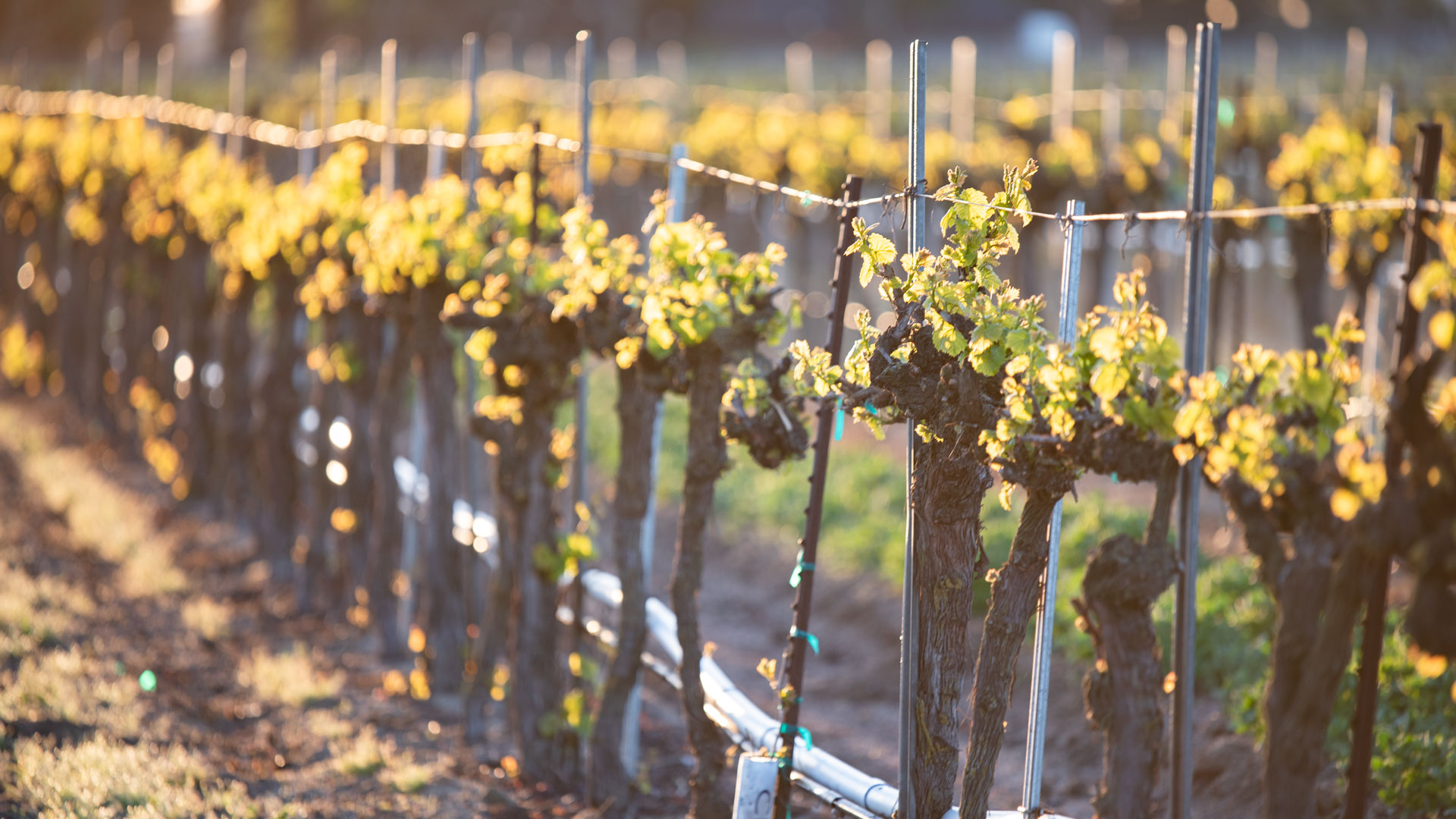
Salt of the Earth Moscatos are refreshing and distinctive. Serve them anytime at gatherings large and small.
our crew
Our crew behind Salt of the Earth Moscatos is a group of individuals who have been working together to produce award-winning sweet wines for more than 30 years. Having achieved acclaim for Quady Winery, they combined their expertise for an endeavor that highlights the down-to-earth character of California’s San Joaquin Valley: producing quality Moscatos of great value.
the region
Salt of the Earth sweet Moscatos come from a hot and sunny valley where the grapevines grow lush and the fruit hangs heavy with sun-ripened sugar: California’s San Joaquin Valley. Among our neighbors are almonds, peaches, cotton, tomatoes, and cattle; and out of our warm, fertile climate is born straightforward, no-nonsense quality. Our Moscatos reflect the richness of this Valley and the people who call it home – the Salt of the Earth.
our wine
Salt of the Earth Moscatos taste unlike any other Moscato because they are made unlike any other Moscato. We use superior Muscat grape varieties that are handled with care from the time they are grown to the moment they become wine. That’s why Moscato fans go out of their way to find Flore de Moscato and Moscato Rubino – they just haven’t tasted anything this good before.

Stewardship
Stewardship
The key components of Salt of the Earth vineyards (nutrients, insect life, crop life, and water use) are kept in careful balance via active monitoring and integrated pest management. This balance is best achieved by minimal intervention and careful cultivation of the vineyard ecosystem. Vineyards are cover cropped to provide essential minerals in the soil and to create habitat for beneficial insects. Only natural plant or manure-based fertilizers are used. Pests are controlled through beneficial insects with minimal, targeted intervention. Water use is carefully monitored via soil moisture sensors and all vineyards are drip irrigated.
